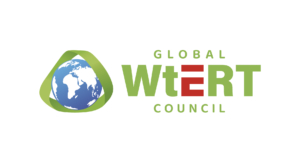M.S. Thesis: Feasibility Analysis of Waste-To-Energy as a Key Component of Integrated Solid Waste Management in Mumbai, India
By Perinaz Bhada
Advisor: Nickolas J. Themelis
Department of Earth and Environmental Engineering
Fu Foundation School of Engineering & Applied Science
Columbia University
July 1, 2007
The objective of this report is to examine the solid waste management process in Mumbai, from generation to final disposal, and determine whether waste-to-energy is a suitable method for waste disposal for the city. Various criteria are covered, such as the appropriateness of Mumbai’s MSW for incineration, the environmental effects of WTE versus open dumping, the savings in availability and cost of land, and the amount of energy production from a waste-to-energy facility.
The report provides an overview of the solid waste management scenario in India. Similar to other low-income countries, India’s current per capita waste generation rate of 0.46 kg/person/day is low (Section 2.2), the collection efficiency is low (Section 2.3), the MSW has a high organic content (Section 2.5), and the majority of the MSW collected is disposed in open dumps, without any lining or covering (Section 2.4). Considering that the urban growth rate in India is expected to surge in the next two decades, coupled with a high economic growth rate, India as a whole is heading towards a serious municipal solid waste disposal problem that has implications for land requirement, public health, and the environment.
